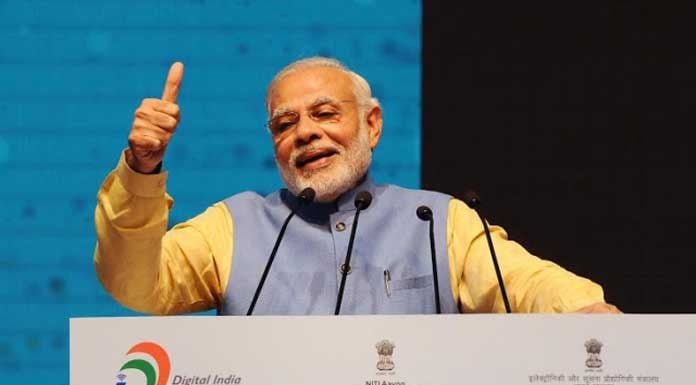Over the last two years, the government has implemented several policy reforms aimed at improving the overall ease of doing business, increasing the adoption of technology in the startup and innovation ecosystem, and delivering government services to non-urban India.
While these are right steps in the direction of accomplishing a knowledge economy, the expected benefits of government programs have not been effective because there is a gap between the initiatives and the actual intended outcome.
For instance, in the area of skill building, which is a significant focus area of the Prime Minister, access to mobile phones, largely a consumption device, has been made easier, whereas the same incentives have not been extended to the other screen devices that actually enable skill building.
As recommended by MAIT, the extension of concessional Excise and Customs Duty benefits should be extended to all ITA goods, including locally manufactured devices such as laptops and PCs will not only trigger innovations in design and manufacturing to address local needs, but also enable citizens to create productive content.
Similarly, while there has been significant focus on ease of starting of a new venture and related support, the areas where significant hurdles still remain for startups and established companies are the regulations around latest technologies such as 5G, autonomous driving and drone deployment. Today, it takes a little less than one year for large companies to source an experimental license from DoT to work on new emerging communication technologies, so imagine the plight of startups.
The hard truth is that we are running out of time, and the government has to look at implementing policies that are not just great ideas but also have great impact – whether it's for boosting local R&D in the country, or for unifying the country through standard GST. Finally, while manufacturing is encouraged under Make in India, we should also look at encouraging Electronics Design through incentives, driven by public private partnerships.
The author is vice president, Sales and Marketing Group and managing director for South Asia at Intel Corporation. Views are personal.







